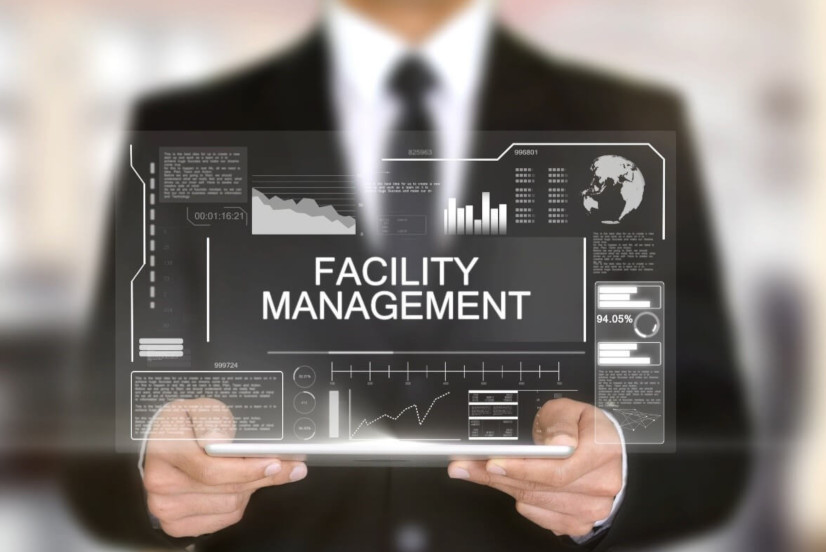
Comprehensive Facility Management Solutions: Optimizing Operations and Efficiency
Effective facility management is crucial for businesses aiming to optimize operations and ensure a safe, productive environment. Central to achieving this efficiency is the implementation of Facility Management Solutions (FMS), a comprehensive software suite designed to streamline operations and enhance resource utilization across businesses of all sizes.
Understanding Facility Management Solutions
Facility Management Solutions encompass a suite of tools and functionalities aimed at centralizing and optimizing the management of facilities. This integrated approach allows businesses to maintain optimal functionality, achieve cost savings, and foster a safe working environment. By consolidating various management tasks into a single platform, FMS enables seamless operations management, from asset tracking to maintenance scheduling.
Key Features of Facility Management Solutions
Asset and Equipment Management: Central to FMS is its capability to manage assets and equipment throughout their lifecycle. By maintaining a centralized repository of asset information, including maintenance schedules and warranty details, businesses can optimize asset utilization and minimize downtime, thereby maximizing operational efficiency.
Preventive and Reactive Maintenance: FMS facilitates proactive maintenance through streamlined scheduling and tracking of routine tasks. This proactive approach minimizes equipment failures and extends asset lifespan, reducing overall maintenance costs and operational disruptions. Additionally, FMS empowers businesses to efficiently manage reactive maintenance, ensuring timely repairs and swift resolution of issues.
Work Order Management: Efficient work order management is a cornerstone of FMS, enabling businesses to create, assign, and track work orders with clarity and accountability. Real-time updates on work order status facilitate smooth communication between teams, ensuring tasks are completed on schedule and within budget.
Space and Occupancy Management: FMS optimizes space utilization by tracking occupancy and managing room reservations effectively. This capability enhances workplace productivity by ensuring that space is utilized efficiently and facilitates seamless transitions for moves, adds, and changes within the facility.
Benefits of Implementing Facility Management Solutions
Implementing FMS offers numerous benefits to businesses:
- Cost Savings: By optimizing resource allocation and minimizing downtime.
- Operational Efficiency: Streamlined processes lead to improved productivity.
- Safety and Compliance: Ensuring a safe working environment and regulatory compliance.
- Case Studies: Examples of businesses that have successfully implemented FMS, showcasing tangible benefits and ROI.
Choosing the Right Facility Management Solution
Selecting the appropriate FMS provider requires consideration of factors such as scalability, industry-specific needs, and integration capabilities. Businesses should seek providers with a proven track record and adaptable solutions that align with their long-term goals.
Future Trends in Facility Management
The future of Facility Management is shaped by technological advancements, including IoT integration, AI-driven analytics, and cloud-based platforms. These innovations promise to further enhance the scalability, flexibility, and predictive capabilities of FMS, ensuring businesses can adapt to evolving operational challenges and opportunities.
Takeaway
Facility Management Solutions are integral to optimizing operations, enhancing efficiency, and ensuring a safe working environment across businesses. As technology continues to evolve, investing in FMS not only improves current operational workflows but also future-proofs facilities management strategies for long-term success.
